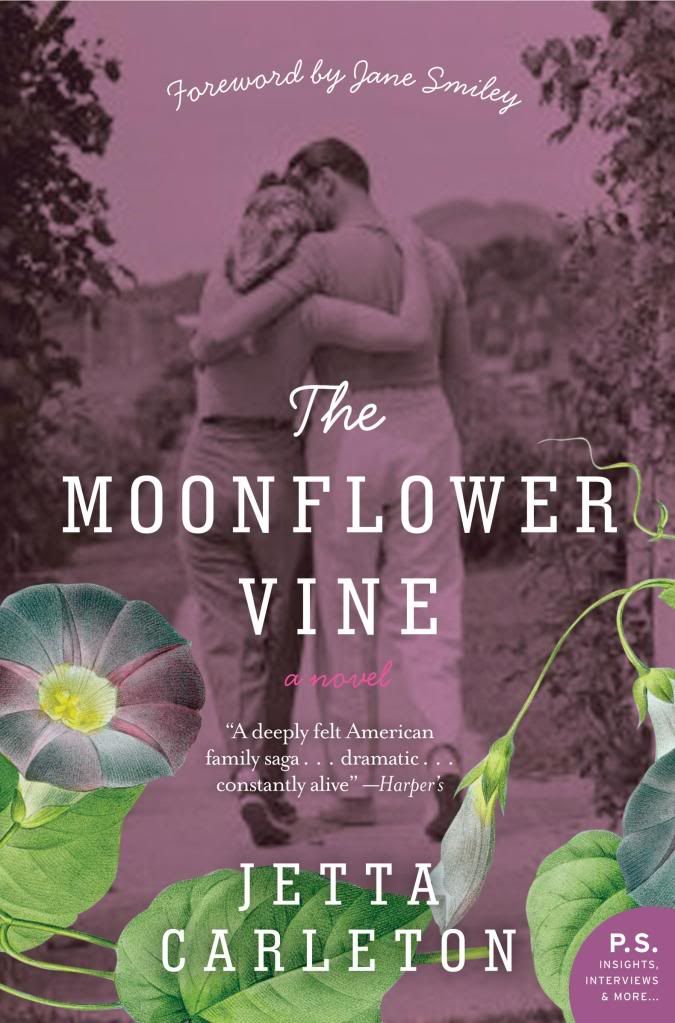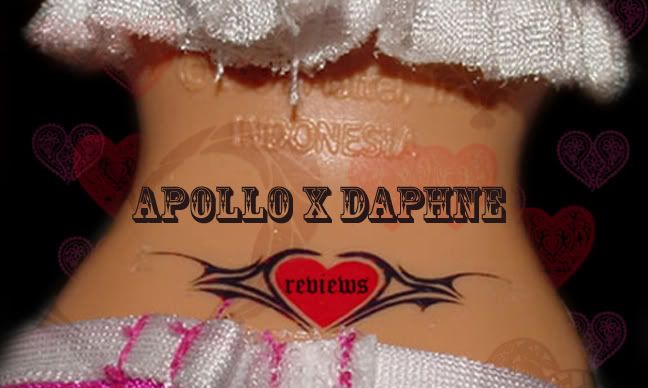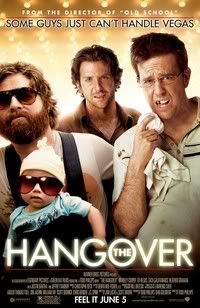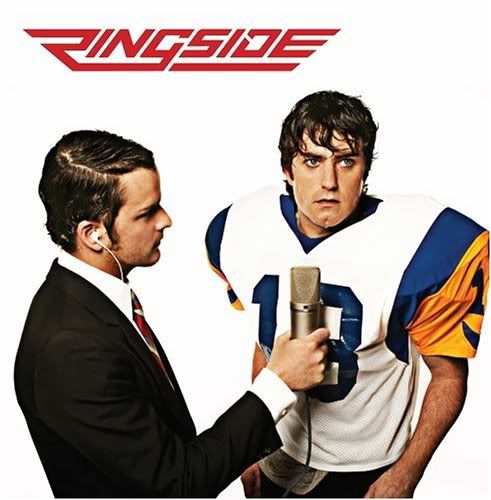
Hailed as a rediscovered classic, The Moonflower Vine shares many parallels with Harper Lee's famed To Kill a Mockingbird. Both are the only novels of their respective authors; both are autobiographical in nature, and focus on socio-political issues of their respective times and places without making those issues the story's focus. For Lee, it was southern rascism; for Carleton, it was women in the Midwest.
The story centers around a farming family in Missouri, the Soames family. Matthew Soames overshadows the whole family with his religious devotion, and stringent nature; Callie Soames is the family rock, and mother of four, Jessica, Leonie, Mathy, and Mary Jo. Carleton's narrative captures their triumphs, doubts, and tragedies over the course of a lifetime.
The strength of this book is undoubtedly its simple but slicing characteristics. Matthew is never convinced that he himself is good enough, a feeling he projects onto his daughters and particularly eldest Jessica; by contrast, he is constantly in conflict with himself, struggling with feelings of inferiority within himself while lording superiority over his wife, children, and the townfolk. Outisde the house he is beloved and respected; within, he barely acknowledges his family. Yet he isn't the evil tyrant we, as readers, want him to be; instead, he is a deeply divided, harsh, lost man, needing Callie probably more than she needs him.
Callie is more of an enigma, and we follow her viewpoint last in the story--the book is divided into six parts, each following the life of a separate family member. She is a much more simplistic character, but she understands Matthew perfectly; their marriage is frought with love and trials of fidelity, and patience.
The sisters, too, feel connected but are distinct enough to make this a genuine family. Jessica is the headstrong, grounded first child who makes a foolish decision, while Leonie is the anxious good-girl with her own folly. Mathy is utterly reckless, and the Mary Jo whom we only truly meet as an adult is introspective and wise beyond her years (and is undoubtedly the author; Moonflower is, after all, her only novel). The events of their lives unfold with the practicality a Midwestern story should possess; this isn't an overblown soap-opera, but rather a tale of dreams tucked quietly away into treasure chests while one house serves as a harbor for all the ships to come home to, year after year in the summers.
Verdict: The story doesn't reach the heights of greatness that Mockingbird does, though it's hard to pinpoint why. However, it's a wonderful family drama and in-depth character study, and as much about one family as it is about an oft-unexplored pocket of America.
-elln


